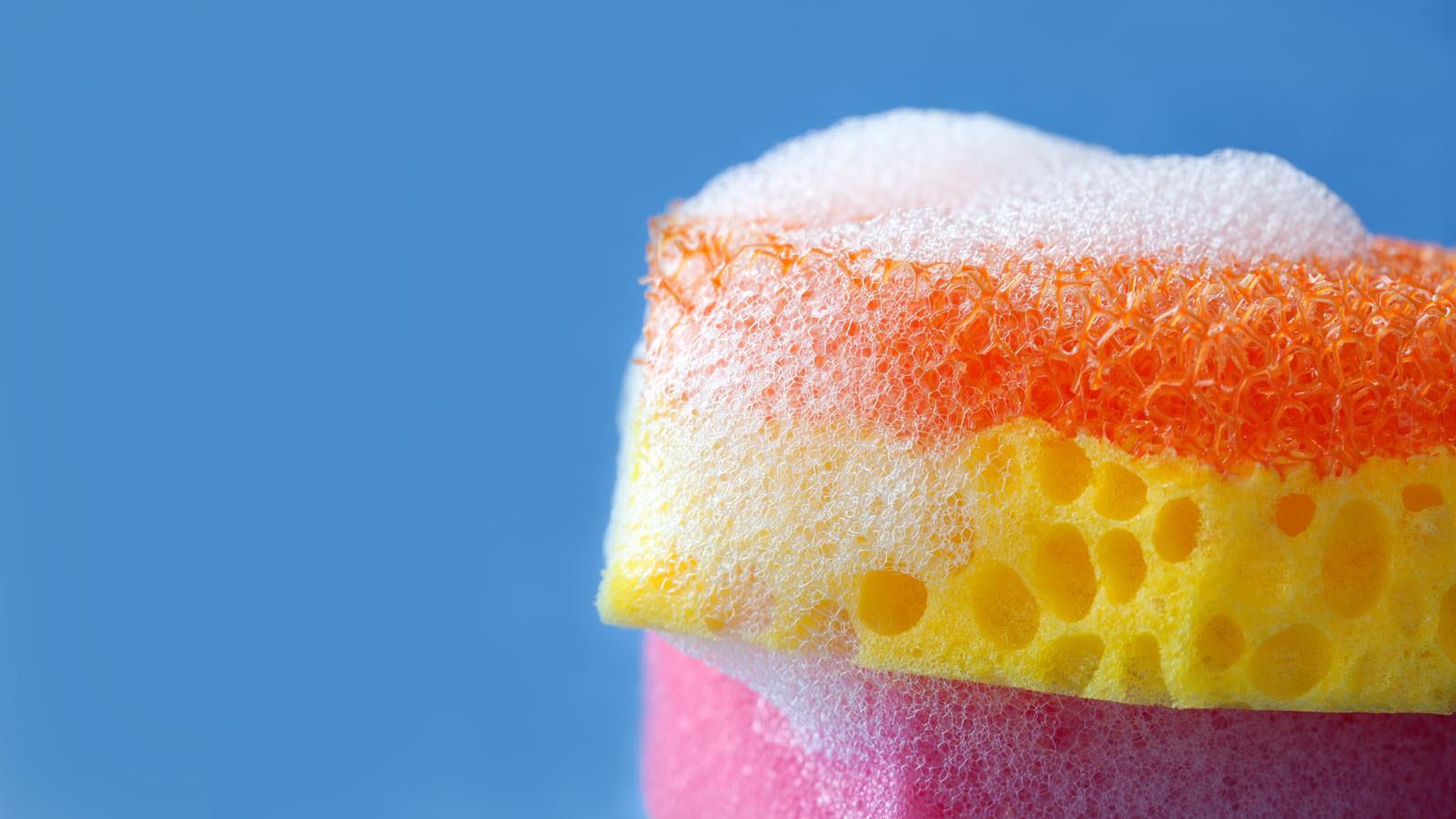Though there’s a new variant, COVID-19 remains a virus transmitted mainly through the air by respiratory transmission – what experts call “infected droplets or aerosols.”
That means there’s no need to panic-buy antibacterial wipes as was common during the early 2020 part of the pandemic, experts recently told National Public Radio. In other words, keep surfaces clean as usual, but you don’t have to go overboard with sanitizing cleaners.
Knowing that the Delta variant transmits the same way is, in a way, good news, virologist Angela Rasmussen told NPR.
"It means that the mitigation measures that we have put in place previously will still work against the Delta variant — it's not being transmitted by some other route."
Last year, CSL Behring scientists did some investigating of their own about the effectiveness of various cleaning agents against the novel coronavirus (SARS-CoV-2). At a time when there was still a shortage of antibacterial wipes, the scientists in Marburg, Germany, tested 70% isopropyl alcohol (isopropanol); 70% ethanol; 0.1% hydrogen peroxide; and 0.1% sodium laureth sulfate – found in many commonly available household soaps.
The good news was that all four worked at the tested concentrations, including sodium laureth sulfate. If you check the ingredients in your dish soap or shampoo, chances are it contains sodium laureth sulfate.
“Within a minute, any combination we tested, the virus was killed,” said Eleonora Widmer, CSL Behring’s Senior Director of Global Pathogen Safety. “It was really reassuring. That’s what we were hoping to find.”
All the chemicals that were applied, including sodium laureth sulfate (soap), reduced the virus to undetectable levels on surfaces that were left wet for 60 seconds, rendering SARS-CoV-2 incapable of further infecting individuals. The team tested stainless steel, plastic, PVC and glass.
Though the focus has turned to airborne transmission, the U.S. Centers for Disease Control continues to recommend both handwashing and cleaning high-touch surfaces daily.



